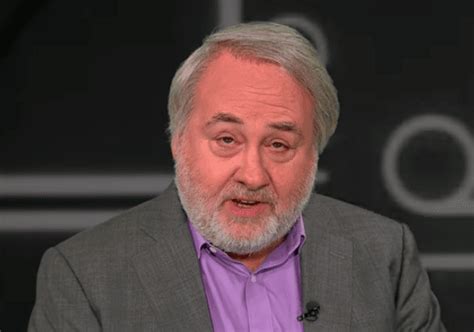A Quote by Johan Huizinga
Without metaphor the handling of general concepts such as culture and civilization becomes impossible, and that of disease and disorder is the obvious one for the case in point. Is not crisis itself a concept we owe to Hippocrates? In the social and cultural domain no metaphor is more apt than the pathological one.
Related Quotes
Television is our culture's principal mode of knowing about itself. Therefore -- and this is the critical point -- how television stages the world becomes the model for how the world is properly to be staged. It is not merely that on the television screen entertainment is the metaphor for all discourse. It is that off the screen the same metaphor prevails. (92)
Creativity is more about taking the facts, fictions, and feelings we store away and finding new ways to connect them. What we're talking about here is metaphor. Metaphor is the lifeblood of all art, if it is not art itself. Metaphor is our vocabulary for connecting what we are experiencing now with what we have experienced before. It's not only how we express what we remember , it's how we interpret it - for ourselves and others.
Moreover, metaphor is typically viewed as characteristic of language alone, a matter of words rather than thought or action. For this reason, most people think they can get along perfectly well without metaphor. We have found, on the contrary, that metaphor is pervasive in everyday life, not just in language but in thought and action. Our ordinary conceptual system, in terms of which we both think and act, is fundamentally metaphorical in nature.
My poems always begin with a metaphor, but my way into the metaphor may be a word, an image, even a sound. And I rarely know the nature of the metaphor when I begin to write, but there is an attentiveness that a writer develops, a sudden alertness that is much like the feel of a fish brushing against a hook.
Bored with obvious reality, I find my fascination in transforming it into a subjective point of view. Without touching my subject I want to come to the moment when, through pure concentration of seeing, the composed picture becomes more made than taken. Without a descriptive caption to justify its existence, it will speak for itself - less descriptive, more creative; less informative, more suggestive - less prose, more poetry.
The facts of nature are what they are, but we can only view them through the spectacles of our mind. Our mind works largely by metaphor and comparison, not always (or often) by relentless logic. When we are caught in conceptual traps, the best exit is often a change in metaphor not because the new guideline will be truer to nature (for neither the old nor the new metaphor lies "out there" in the woods), but because we need a shift to more fruitful perspectives, and metaphor is often the best agent of conceptual transition.








































